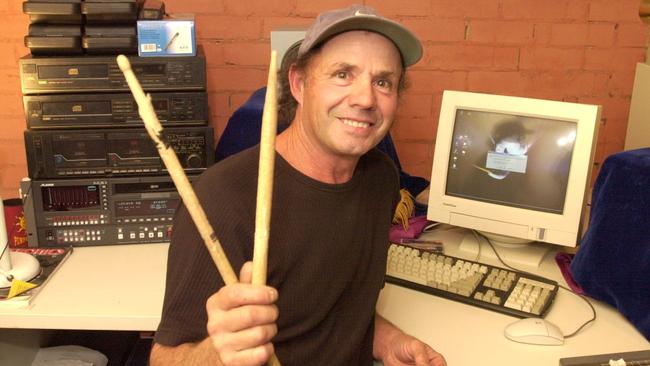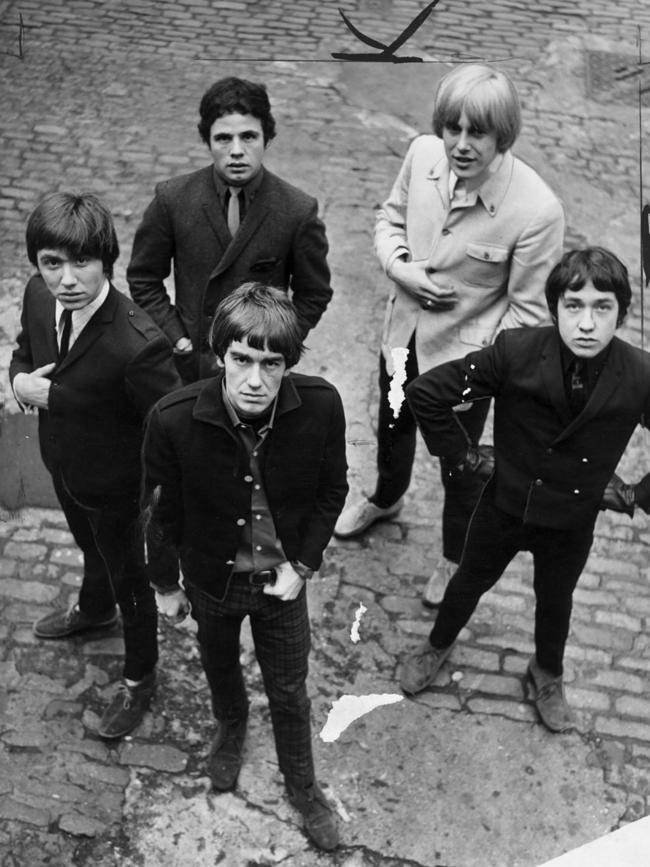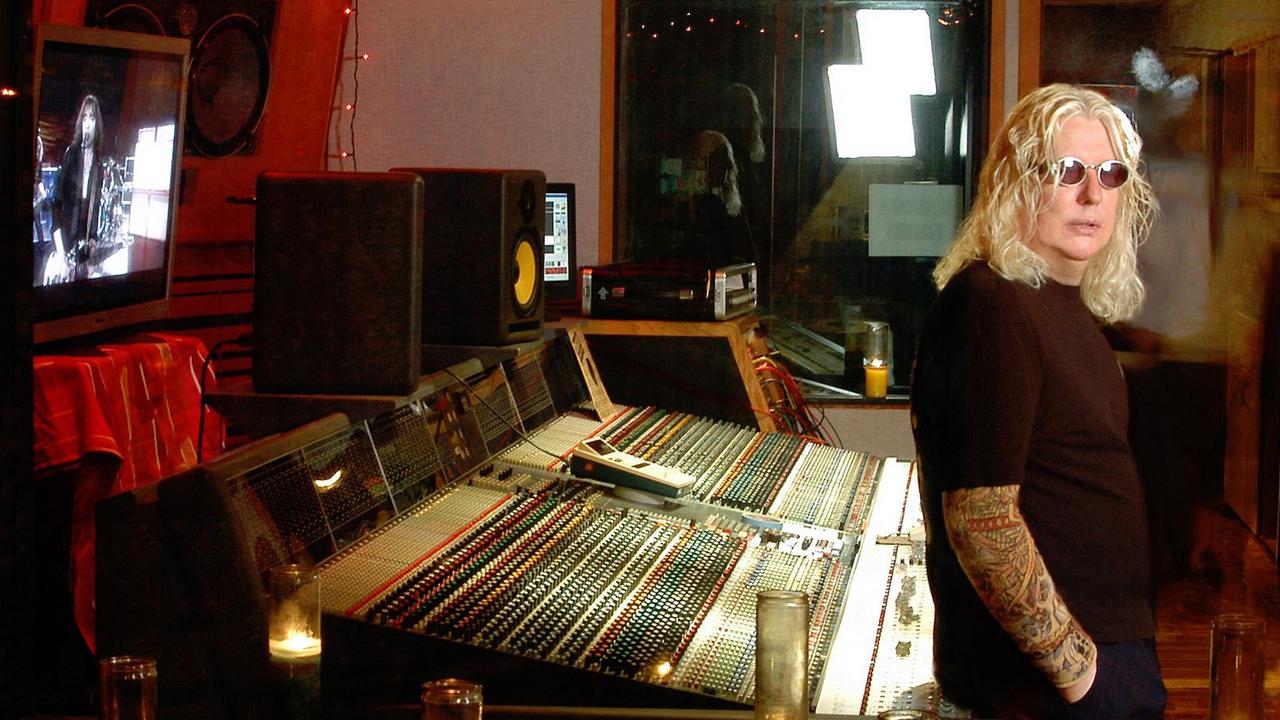Stickman Gordon ‘Snowy’ Fleet key to Easybeats’ historic success
The Easybeats’ sound came together quickly and their electrifying string of hits from 1965 established them as our top rock act.

Populate or perish, Australia’s first minister for immigration shouted to try to convince a wary local population that bigger was better. Arthur Calwell’s migration tidal wave wrought the greatest change to our country of any government.
The most striking dividend of Calwell’s work was the human Tower of Babel – including engineers, builders, labourers, electricians and planners – that constructed the nation-building Snowy Mountains Hydro-Electric scheme with its 16 dams and 80km of aqueducts that help power the southeast of the continent while watering the Murray-Darling Basin.
Calwell, an unsmilingly stern bigot, also created Australian rock and roll. Arriving in cattle class on those fleets of migrant ships were Britons and Europeans who applied for assisted passage to Australia. They brought with them – free of charge – children who would change our country almost as much as their parents.
A fledgling Australian rock music scene was aboard. This included Jim Keays, Jimmy Barnes, John Farnham, Billy Thorpe, Mike Brady, Glenn Shorrock, Angus Young, Gerry Humphreys, John Paul Young, Olivia-Newton John, the Bee Gees, George Young, Stevie Wright, Dick Diamonde, Harry Vanda and Gordon Fleet.
Those last five – a Scotsman, two English lads, and two Dutchmen – met up at Sydney’s Villawood migrant hostel and, overwhelmed by the Beatles’ Australian 1964 tour, within six months had formed a band drummer Fleet suggested they call The Easybeats. Theirs was an unashamedly Merseybeat sound but quickly leaning to the power pop and prefiguring the mod sounds of the Small Faces.
Fleet’s role in Australia’s most famous and influential ’60s band would be overshadowed by the songwriting of Vanda and Young, and fiery trajectory of Wright’s wretched years of drug abuse. But it is possible he was its most important member, particularly in those first days, not least of which because he was also the first manager.
The others had migrated as children with their families; Fleet, already an established part-time player in Liverpool bands, and who had shared a stage with the Beatles, had strong pop music form and came to Australia with a new wife and child.
Among the bands with which he had played in Liverpool were the Nomads, Cavern Club regulars who became the Mojos and issued a sole hit in 1964, Everything’s Alright. Unusually, band members had written it. Have a listen to that perky single. It sounds precisely like an early Easybeats song.
The Easybeats’ sound came together quickly and their electrifying string of hits from 1965 established them as the country’s premium rock act. If security was inadequate girls would rush the stage, and endless gigs were abandoned. Inevitably they headed to London in 1966 and, teaming up with The Who and Kinks producer Shel Talmy, put down the exhilarating Friday on My Mind, a hit in the UK and US. It has been regularly voted the greatest Australian rock song – despite not an Australian being involved. Beatle George Harrison heard it while driving and had to pull over.
London was often a graveyard for rising Australian bands and the Easybeats suffered there too. Back then, a high-speed, five-hop flight from London to Sydney would take more than 30 hours and was prohibitively expensive.

Fleet – nicknamed Snowy by the band because of his jet black bob – bailed in 1967 (replaced by Tony Cahill, who died in 2014 aged 72). He had enough and was secretly much older than the others, although some reports on his death recycled his 1965 press release birthdate of 1945. Married with a daughter, Fleet didn’t need the adulation of young girls – “I’m still shaking,” he would say decades later – nor the demands of touring and living apart from his family.
He moved to Perth and returned to building, making quite a name for himself while heading a construction business with son Adam and also running a rehearsal room. He never lost his Liverpudlian accent. He last made headlines seven years ago when he and a group of locals opposed council plans to reclaim some of their land for a new roundabout at Jandakot, south of Perth.
His passing leaves just one Easybeat – Johannes Hendrikus Jacob van den Berg, otherwise known as Harry Vanda. Aged 78, he was last seen being pushed in a wheelchair during a court case in which it was found a US electronic duo had infringed the copyright of his and Young’s international hit, Love Is In The Air. Wright died in 2015, Young in 2017 and Diamonde last September.
Gordon Henry Fleet. Musician and builder. Born Liverpool, Britain, August 16, 1940; died Perth, February 18, aged 84.




To join the conversation, please log in. Don't have an account? Register
Join the conversation, you are commenting as Logout